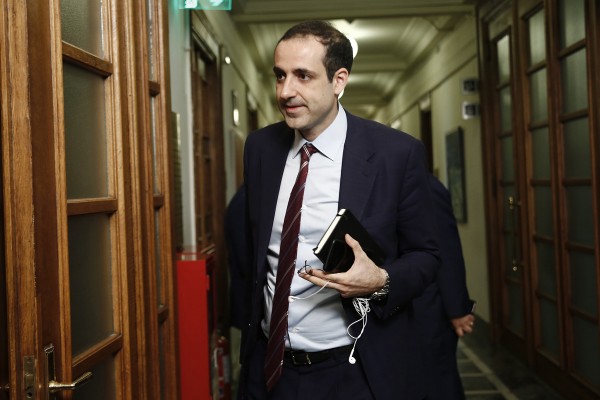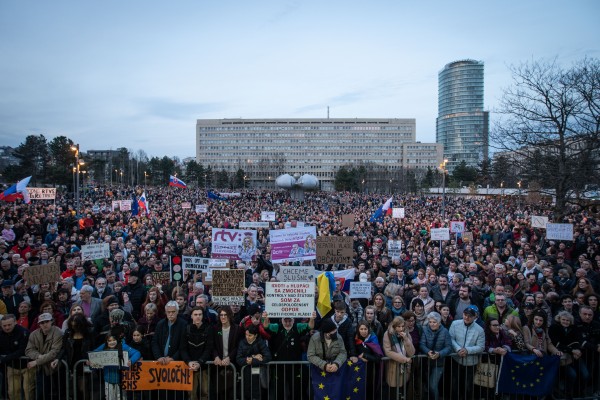Andrzej Poczobut – Belarusian correspondent of Gazeta Wyborcza, a leading Polish daily newspaper, and a Polish-Belarusian minority activist – was sentenced Tuesday on criminal charges that he insulted Belarus’ President Alexander Lukashenko.
A closed-door court in Grodno, Belarus, sentenced Poczobut to three years imprisonment, but suspended the sentence and freed the journalist from jail, where he had been for 91 days.
Poczobut was tried for allegedly insulting Lukashenko in articles published in Gazeta Wyborcza and on Belarusian websites. His indictment is part of a widespread campaign of repression by Lukashenko’s regime against opposition activists and the president’s rivals in last December’s rigged presidential elections.
Amnesty International recognized Poczobut as a prisoner of conscience following his arrest in April, and the European Union’s High Representative for Foreign Affairs and Security Policy Catherine Ashton and the president of the European Parliament, Jerzy Buzek, had strongly demanded Poczobut’s immediate release.
Pressure against Lukashenko’s regime’s violations of press freedom and democracy – which included jailing political opponents and silencing journalists – has mounted widely in Europe.
Throughout Poczobut’s arrest and trial, Gazeta Wyborcza has run a ‘countdown’ of his hardships each day on the front page. The newspaper covered the trial with reports from its Moscow correspondent and from a correspondent from a radio station associated with Gazeta Wyborcza’s publisher.
Poczobut’s suspended sentence means that he may be returned to jail at any time at the full discretion of Lukashenko’s regime if authorities decide that he has again “broken the law” while performing his journalistic work. It effectively constitutes a form of intimidation and an attempt to force Poczobut and Gazeta Wyborcza to engage in self-censorship.
Poczobut, who is married and the father of an 11-year-old daughter and a 16-month-old son, said he would not cow to judicial blackmail. He indicated that he had no plans to stop writing on Belarus authorities’ violations of human rights and the country’s harsh economic crisis.
Despite potential future incarceration, Poczobut declined an offer by Gazeta Wyborcza to provide him and his family safe haven in Poland, even on a temporary basis.
He noted that when the state prosecutor’s investigation against him started, he did not for a moment stop his truthful reporting on developments in Belarus.
In a letter smuggled from Grodno jail in May, Poczobut wrote to Gazeta Wyborcza editors: “For the last few months, I’ve been having a strong feeling that a noose tightens around my neck. Stress, tension, nerves, uncertainty….But when ‘it finally came’, I was completely calm. I don’t regret anything. I would write each font, coma, semicolon, sentence-point in the same place as before; I would only add a few exclamation marks.”


